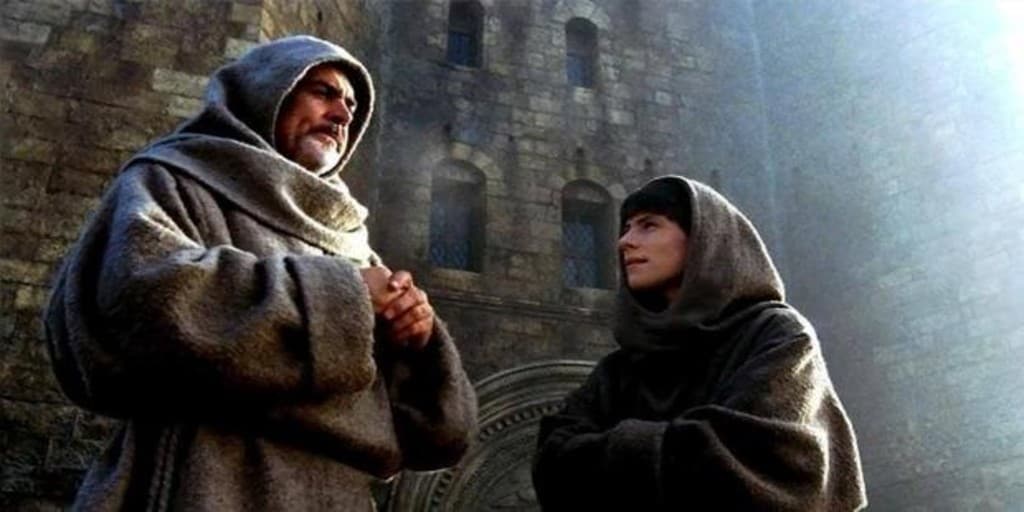Keep
He wrote a novel full of philosophical, theological, detective, political, literary references. What seemed not a cult novel but a cult novel (those that remained), came out as a best-seller. The success was such, the critics on the one hand; mondos and lirondos readers, on the other hand, who had to publish some ‘Apostilles’ to unmask, with a little, or a lot, of retranca, his own work. ‘The name of the rose‘(1980) by Umberto Eco it became an event. It did not matter that it was about a Benedictine abbey in northern Italy, around 1327, of the disturbing crimes that took place there; what would have been William of Okham, yes, the one with the razor, who branded the Pope of Rome a heretic; that the Franciscan order was under the no less disturbing and implacable magnifying glass of the Inquisition; that the book (II of the ‘Poetics’) of a Greek philosopher, Aristotle, was in the center of the plot, that the actions and reflections had, or intended, some explicit references to the Italian politics of the moment (Christian Democracy, Communist Party, gibberish of leftist groups, orthodoxy and heterodoxy), that the protagonists received names that warned of the profound ‘private jokes’ that is the whole novel.
A Franciscan, former inquisitor, involved in medieval detective, William de Baskerville (with the echo of Conan Doyle); a blind librarian named Jorge de Burgos (there, Borges) and a narrator, Adso de Melk, who over the years narrates such a sovereign adventure and intrigue. Everything contained, for the reader, what Eco himself recalled as the “lust of the intellect.” And it was. When Jean Jacques Annaud he proposes to take the novel to the cinema (1986) he has to choose one of the forks that this immense garden contained and showed. Intelligent, he chose the one closest to the viewer: intrigue. The unveiling of the crimes and the reason for them. Brilliant, gave the role of Baskerville to the immense Sean Connery. It went from fastidious and technocratic, and seductive and adventurous Bond, James Bond, created by Ian Fleming, to the calm, erudite, meticulous and observant Baskerville, Guillermo de Baskerville, and Connery nailed the character, he flooded him with a greatness, some gestures, some memorable observations that made his disciple Adso get rid of (Christian Slater).
For the picture to be complete, an obsessed Bernardo Gui (Murray Abraham) as the great persecutor of heterodoxies, under the shadow of the false Jorge de Burgos and the ‘Comments to the Apocalypse of San Juan’ by Beato de Liébana (this matter of medieval millenarianism and of this specific text of which Eco was one of his greatest connoisseurs and publicists). Jorge de Burgos persecutes, hides and condemns what now others, from other religious and political latitudes to those of the librarian, persevere and insist: Laughter, the irony, the great threat to order, what Aristotle has shown in book II of his ‘Poetics’.
The film, focused on the detective issue, with an exceptional staging (the abbey, the ‘scriptorium’, the library), a script adjusted to the precise interests of the film adaptation and splendid dialogues that delve into the philosophical dimension of the film. suspense is today a contemporary classic. Because, as the aforementioned Borges already pointed out, a classic is a work that never ends up telling us everything it contains. And there it continues.
– .

